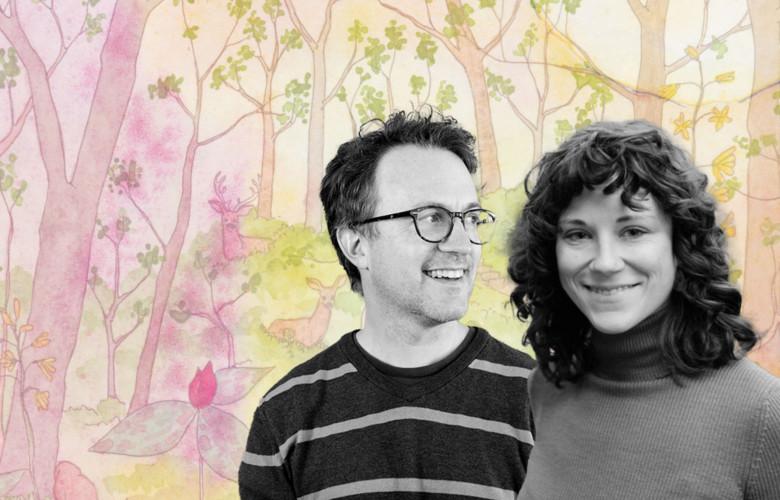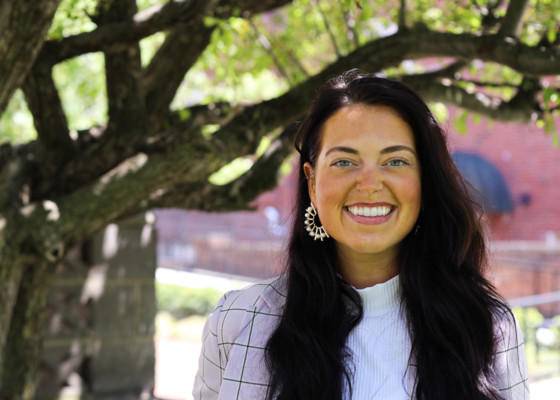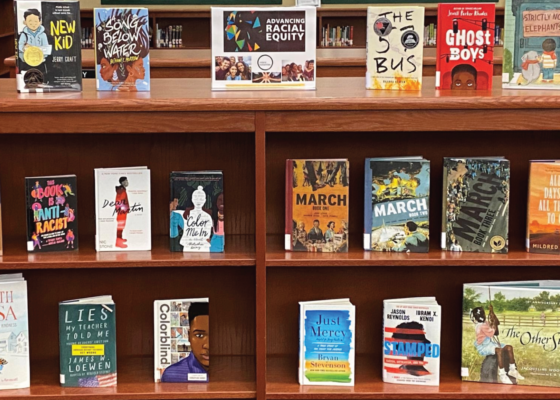The Making of How to Survive the Future Podcast
December 5, 2022In the How to Survive the Future podcast, creators Alex Chambers and Allison Quantz ask people to imagine a world where they have made it through the challenges of the…
In the How to Survive the Future podcast, creators Alex Chambers and Allison Quantz ask people to imagine a world where they have made it through the challenges of the present, and faced the pain of the past, to describe what life is like then.
You may have read about the How to Survive the Future’s origins. Now Chambers and Quantz are back for another discussion, giving us a peek into the making of the podcast.
. . .
How did you choose the subjects for your podcast?
Alex Chambers: Each connection was different. So much of the project had a focus on climate change, which forced us to think about ecological questions and who could answer them. Allison and I are both involved in Hoosier Action, a member-led organization committed to keeping Indiana a place where people of all backgrounds are able to shape the decisions that affect our lives, and we were able to connect to people through that.
Allison Quantz: We’ve conducted many interviews before, but the difficult and exciting challenge was asking our subjects to come up with something new or explore something they had not thought about. With the help of many collaborators, many subjects came about because they agreed to explore the unknown.
How were you able to get the interviewees into the right headspace to answer from the future?
AC: We really tried to get them into a quiet, contemplative, imaginative space. We used many relaxation techniques, asked them to close their eyes, take a deep breath and really envision a quiet, creative headspace.
AQ: It was hard to walk the interviewees through the process due to the pandemic. Without the physical access as an interviewer, it made the interviews much harder. We asked them, “What do you see? Who is there?” We wanted them to set the scene for us. It’s a challenge to imagine and visually describe a world 30 years from now.
How was the podcast recorded?
AQ: Again, because of the pandemic, almost all of the podcast was created over Zoom. We mailed recorders and did a lot of long-distance coaching and engineering for people who had never used a recorder before.
How did you settle on the podcast format (instead of a movie or book)?
AC: There’s an intimacy to audio and to a podcast. Being able to just have someone else’s voice in your ears brings you into a more thoughtful, reflective place. We wanted to reflect on the project itself and what it means to imagine in the future. It’s a radical act to imagine a world that is livable and a place where we will be okay, even if things are hard. The exercise of making a podcast can really change your mental state.
AQ: The project all began because climate change feels like a lonely problem, which is ironic because we’re all facing it. We wanted to make sure the episodes didn’t feel lonely, and this was an opportunity for communal imagining. The ability to close your eyes and be present in the audio lends to the truthfulness in a made-up story.
How would your vision look if you were to make a How to Survive the Future Part 2?
AC: I think it would be interesting to include something about prisons. There are so many kinds of ways we relate to challenges in the world, and this would be a unique approach.
AQ: We would love to work closely with a local musician who could individually score each episode. Public education is also an issue that we would both love to tackle, along with the ongoing environmental stories that need to be told. Lastly, I would like to explore aging. It’s an act of bravery to imagine yourself in a different body years from now and learn what could prepare us to age.




